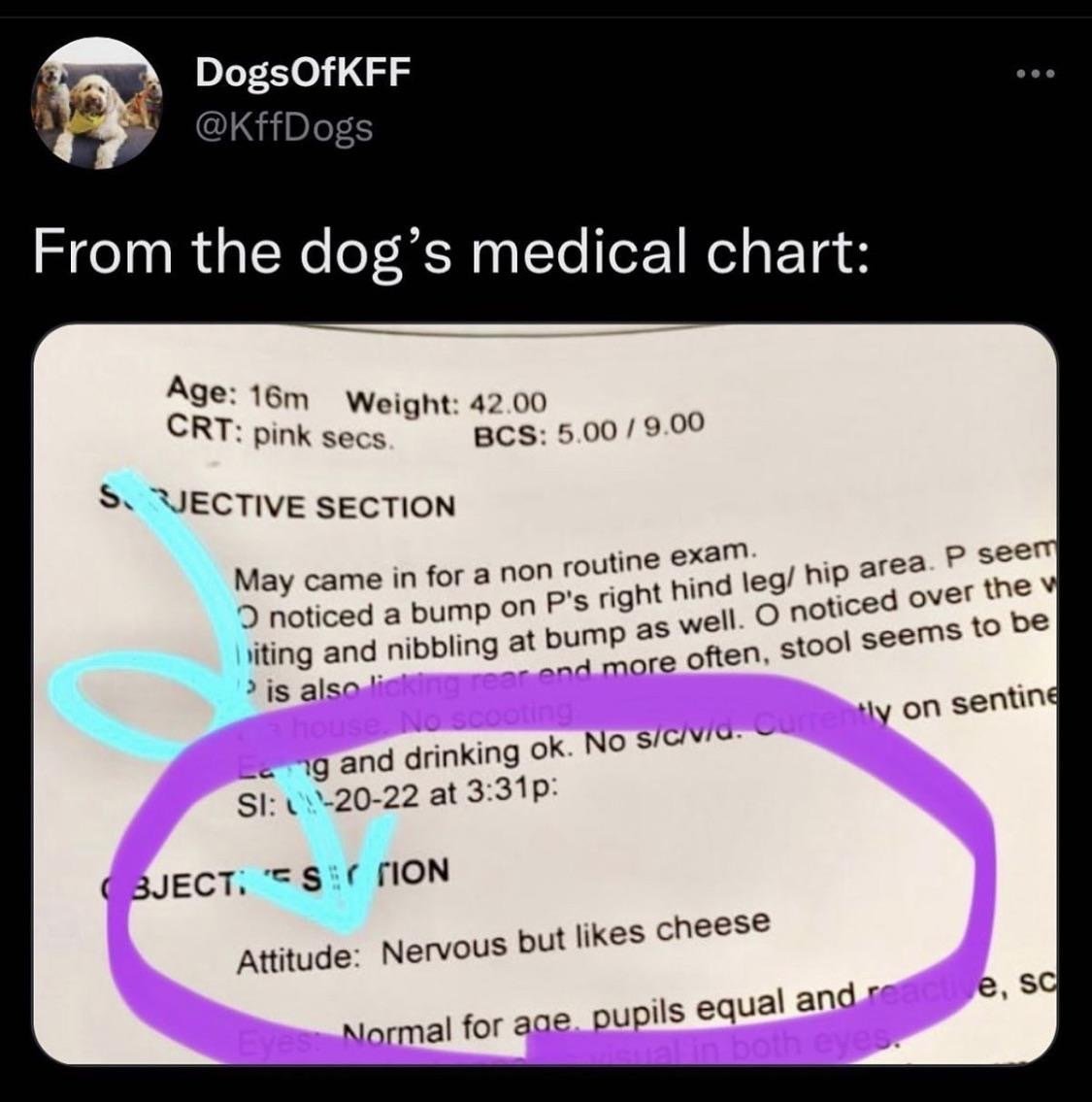this post was submitted on 23 Aug 2024
587 points (98.8% liked)
Memes
45578 readers
1966 users here now
Rules:
- Be civil and nice.
- Try not to excessively repost, as a rule of thumb, wait at least 2 months to do it if you have to.
founded 5 years ago
MODERATORS
you are viewing a single comment's thread
view the rest of the comments
view the rest of the comments

That would be 1.691207e-15 light years. Unfortunately I don't know how to convert to dog years
I'll give it a shot, but I think it will make more sense for me to make the conversion from meters to years without using light years. I'm a chemist, not a physicist and don't want to look up the conversions I don't remember.
The sun travels ~940,000,000 km/human year...
= 940,000,000 km/yr × 1000 m/km = 940,000,000,000 m/yr
= 940,000,000,000 m/yr × 1 year/365.256 days
= 2573537464.1 m/day × 1 day/24 hr × 1 hr/60 min × 1 min/60 s
= 29786.3132423 m/s
16 m × 1 s/29786.3132423 m = 0.000537 s (human)
The dog is about half a millisecond old (in human years).
I found some human-to-dog years calculator online that cites a scientific paper. The formula it uses is:
Human years = 16 × ln(Dog years) + 31
Therefore... Dog years = e^(((Human Years-31)^)/16)
To use the dog calculator, it's easier to start back at m/yr.
16 m × 1 year/940,000,000,000 m = 1.70212765E−11 human years
Human to dog years = e^(((1.70212765E−11)^-31)/16)
= 0.14406 dog years x 365.524 dog days / 1 dog year
= 52.6 dog days.
The human to dog year equation isn't meant for times less than 0.001 human year, so take the dog days number with a grain of salt.
Hopefully I didn't mess anything up along the way, I did this all on the phone and it's harder to double-check than on paper!